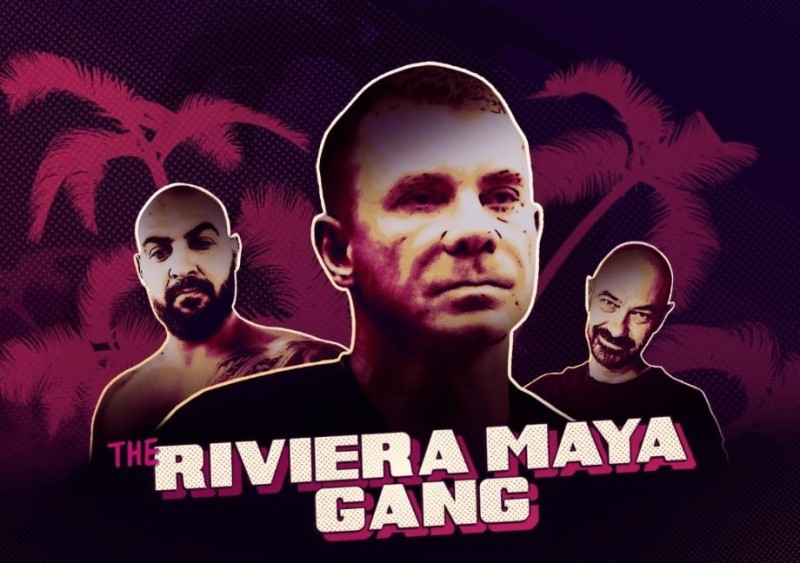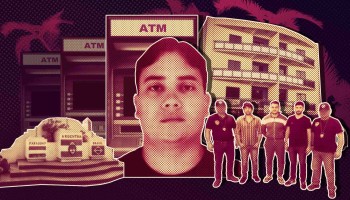Mexican authorities arrested Tudor end of May, acting on an extradition request made by Romania, where he is suspected of organized crime, extortion and attempted aggravated homicide. Prosecutors in Bucharest had asked for his prompt arrest due to concerns that he could flee the Latin American country and they would be unable to track him down.
He is currently being held at El Altiplano, the country’s highest maximum security prison, little more than an hour away from Mexico City. Altiplano has held some of Mexico’s most notorious organized crime bosses, including leaders of the Sinaloa, Los Zetas, Gulf and Knights Templar cartels.
Most famously, inmate Joaquín “El Chapo” Guzmán escaped the prison in 2015 through a 1.5km-long tunnel constructed beneath the floor of his cell’s shower.
Judicial sources confirmed the transfer to Mexican newspaper Milenio, which also published a video of the alleged leader of the Riviera Maya gang arriving at the prison.
In response to his arrest, Tudor filed that same day an amparo - a form of legal human rights protection under Mexican law - to prevent his extradition to Romania. His hearing will continue while he remains in Altiplano prison, according to judicial documents.
OCCRP, Quinto Element Lab, Mexicanos Contra la Corrupción y la Impunidad (MCCI) and Rise Project published last year an investigation that revealed the Riviera Maya gang's operations, which accounted for 12% of the world’s illegal skimming market.
The group members are believed to have been using devices called “skimmers,” which they would insert into the ATM machines to read the magnetic stripe of bank cards. A small camera would also record the moment the person enters the PIN code. Armed with this data, they could clone the victim's card and use it for purchases or to withdraw cash.
By 2017, Tudor’s company Top Life Servicios operated more than 100 ATMs under the bank brand Multiva throughout the Riviera Maya and in other tourist sites in Mexico.






